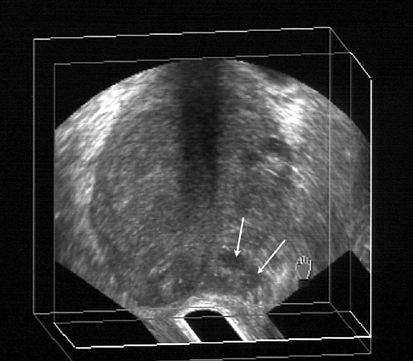
Prostrate cancer could be curbed by hot peppers.
A study shows that hot peppers — besides causing the mouth to burn, eyes to water and sweat to pour out — also prompt cancer cells to kill themselves.
Researchers at Cedars-Sinai Medical Center and at UCLA found the hot ingredient in peppers, capsaicin, successfully treated mice with growing prostate cancer.
Eighty percent of the prostate cells began apoptosis, or the process where older cells die and are replaced by younger cells. Cancer cells mutate or disarm apoptosis genes to avoid being killed.
Added to human prostate cancer cells in culture, capsaicin stopped the cancer from proliferating.
Prostate cancer is a form of cancer that develops in the prostate, a gland in the male reproductive system. Most prostate cancers are slow growing; however, there are cases of aggressive prostate cancers. the cancer cells may spread from the prostate to other parts of the body, particularly the bones and lymph nodes. Prostate cancer may cause pain, difficulty in urinating, problems during sexual intercourse, or erectile dysfunction. other symptoms can potentially develop during later stages of the disease.
Some 221,000 deaths worldwide, including 30,000 in the United States, are blamed on prostrate cancer.